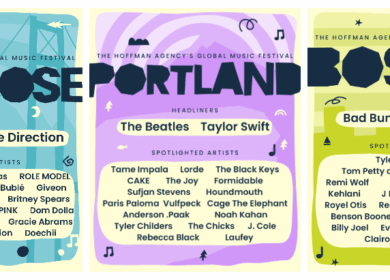Cross-posted from Ishmael’s Corner
By Lou Hoffman
Any type of relationship—personal, business or with the guy at the farmer’s market—always comes down to trust.
It’s ironic that the typical person will open up more with the guy at the farmer’s market—“you don’t want to know how I’m doing, but since you asked …”—than with someone from his or her business world.
Check out these three data points from an old New York Times/CBS poll that still hold relevant today.
 The punch line makes sense. Knowing someone increases the trust quotient, which means you don’t have to be “on your guard.”
The punch line makes sense. Knowing someone increases the trust quotient, which means you don’t have to be “on your guard.”
Along this line, we want our clients (and even new-biz prospects) to know us as well as possible: how we think, how we act and what our philosophies are. We also believe that the same storytelling techniques that work in your personal life work in business communications.
For example, it’s easy for clients undervalue how their decisions and actions impact their PR agency’s performance. I think everyone would agree that the stability of the account team is a good thing, bringing continuity to the execution of a campaign. What often gets missed is client interactions have a direct bearing on the experience of our account folks. The point comes to life in the following internal survey.
This doesn’t mean we expect our clients to be marshmallows, coddling our account folks like Downton Abbey help. Just self-awareness of the agency–client dynamics makes a difference.
At the 10,000-foot level, it’s been our experience that the primary reason that the agency–client relationship derails comes down to a disconnect between what we deliver and the client’s expectations. It turns out our ability to meet—or better yet, exceed—the client’s expectations has a direct correlation to the client’s beliefs, values and management style.
With this in mind, we created the SlideShare deck, “How Clients Get the Most out of Us.”
Everyone talks about finding the “right fit” between a company and a PR agency. We’ve taken the concept a step further, providing a window into our organization to help companies understand how we tick and, yes, get to know us.
It’s the first step toward trust.





